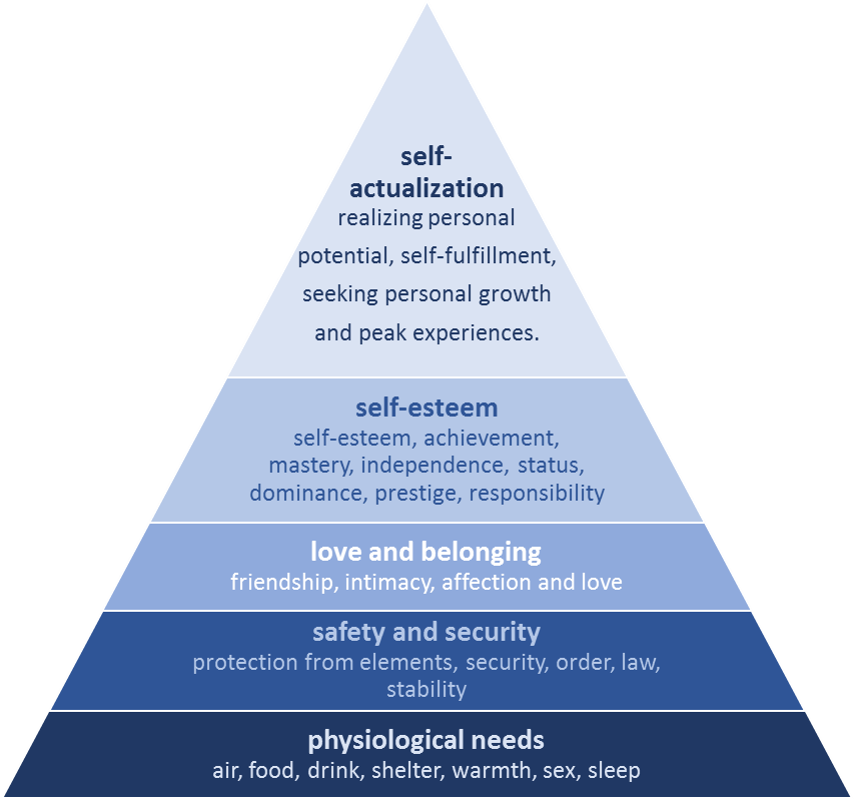Making Soft Skills the Hard Skills
Sometimes, when I work with managers and leaders, they refer to the programmes we create together as ‘soft skill programmes’ as this is generally a term used for people-development within an organisation. This can tend to mean that the term “soft skills” often carries a misconception of being secondary to technical or “hard” skills. However, the reality is quite the opposite. Soft skills, encompassing traits like communication, emotional intelligence, adaptability, and empathy, are the bedrock of effective leadership and organisational success. Contrary to popular belief, developing these skills is far from easy; it requires dedication, practice, and a deep understanding of human behaviour and interaction.
Challenging Misconceptions
The notion that soft skills are merely “fluffy” undermines their critical importance in driving business outcomes. In today’s interconnected world, where relationships and collaboration are key, soft skills are the hard skills that set exceptional leaders apart. Investing in developing these skills is not a luxury but a necessity for fostering a positive work culture, enhancing team performance, and driving innovation.
Consider the example of a leader who excels in technical expertise but lacks the ability to communicate effectively with their team. Despite possessing all the hard skills required for the job, their inability to inspire, motivate, and engage others can hinder overall productivity and team morale. This highlights the indispensable nature of soft skills in leadership roles. And this is a scenario we all too often see in the workplace. A person promoted on the strength of their technical skills but who doesn’t have the wherewithal to foster relationships of trust and intimacy.
The Critical Role of Soft Skills in Leadership
Research by organizations like the World Economic Forum consistently ranks soft skills such as emotional intelligence, creativity, and critical thinking among the top skills needed for success in the workplace. Furthermore, studies have shown that companies that prioritize soft skills training experience higher employee engagement, lower turnover rates, and increased profitability. In my experience, the teams which are recognised at national level here in Ireland are the ones who don’t just pay lip-service to employee development and staff retention policies. They ‘walk the talk’ from top leadership levels downwards.
The Importance of Human Connection in the Workplace
As Maya Angelou famously said, “I’ve learned that people will forget what you said, people will forget what you did, but people will never forget how you made them feel.” This quote encapsulates the essence of strong relational skills in leaving a lasting impact on others through meaningful interactions and relationships.
To challenge biases and embrace the value of investing in people, leaders must recognize that employees are not just resources but invaluable assets to an organisation’s success. By prioritising behavioural development through training, coaching, and mentorship programs, leaders can cultivate a culture of empathy, collaboration, and continuous learning.
What is Required of Leaders and Business Owners?
Unlocking people’s potential is intricately tied to understanding what intrinsically motivates them. Effective leaders recognize the power of getting to know their team members on a personal level to uncover what drives them beyond monetary rewards. Surprisingly, non-financial incentives can often be as, if not more, effective in motivating individuals.

Maslow’s Hierarchy of Needs, illustrating the five levels from basic physiological needs to self-actualization.
However, it is crucial for leaders to address basic needs like fair compensation, as outlined in Maslow’s Hierarchy of Needs, to prevent them from becoming sources of discontent among employees. An inspiring example of intrinsic motivation is the story of the janitor at NASA who saw his role as crucial to sending people to space, emphasizing the profound impact of purpose and meaning in work. Similarly, Elon Musk’s hands-on approach of interviewing the first 500 employees at Space-X underscores the significance of leaders connecting with their team members to understand their motivations and aspirations, and to hand-pick the ‘right fit’ for the organisational culture. These anecdotes highlight the importance of fostering a work environment where individuals feel valued, understood, and aligned with the organisation’s mission, ultimately unlocking their full potential.
Making Hard Skills the Soft Skills
My recommendation to anyone who is responsible for overseeing the development of staff, management and leaders, is to be clear that the development programmes link directly to the organisational strategy. People need to know ‘why’ the development interventions are available, and what the expectation is when they attend and complete such programmes.
Making soft skills the hard skills is a paradigm shift that requires a shift in mindset and a commitment to ongoing personal and professional development. By recognizing the significance of soft skills in leadership and management, individuals can unlock their full potential, inspire others, and drive organisational excellence to new and unexplored levels.




